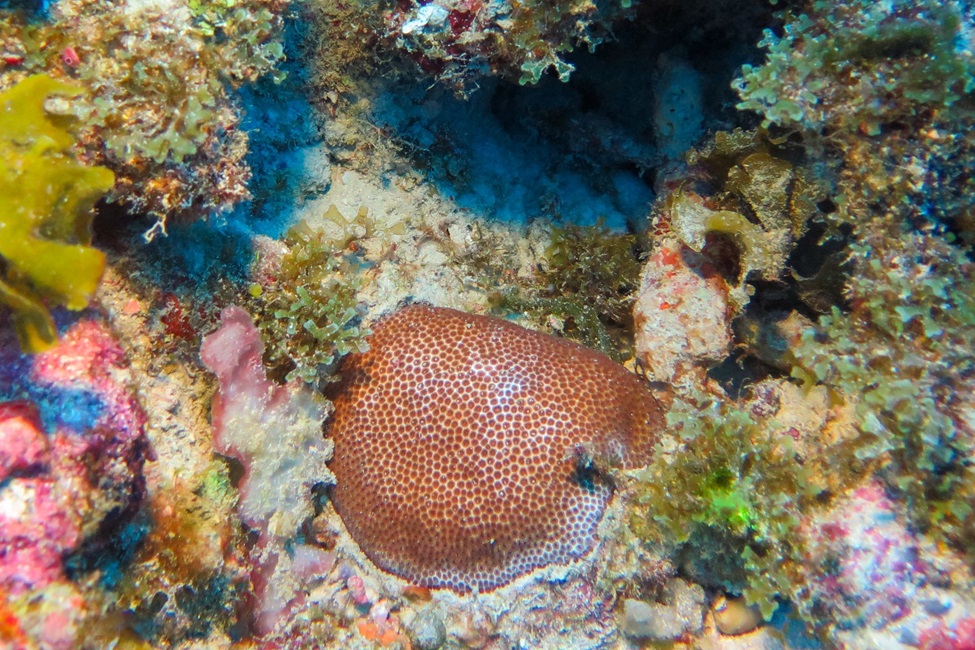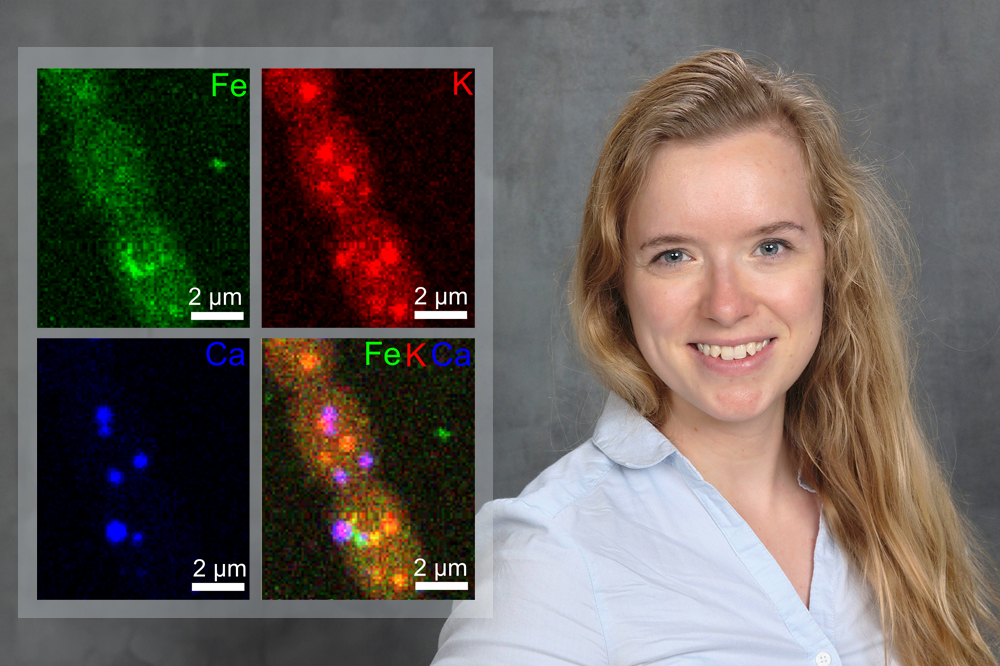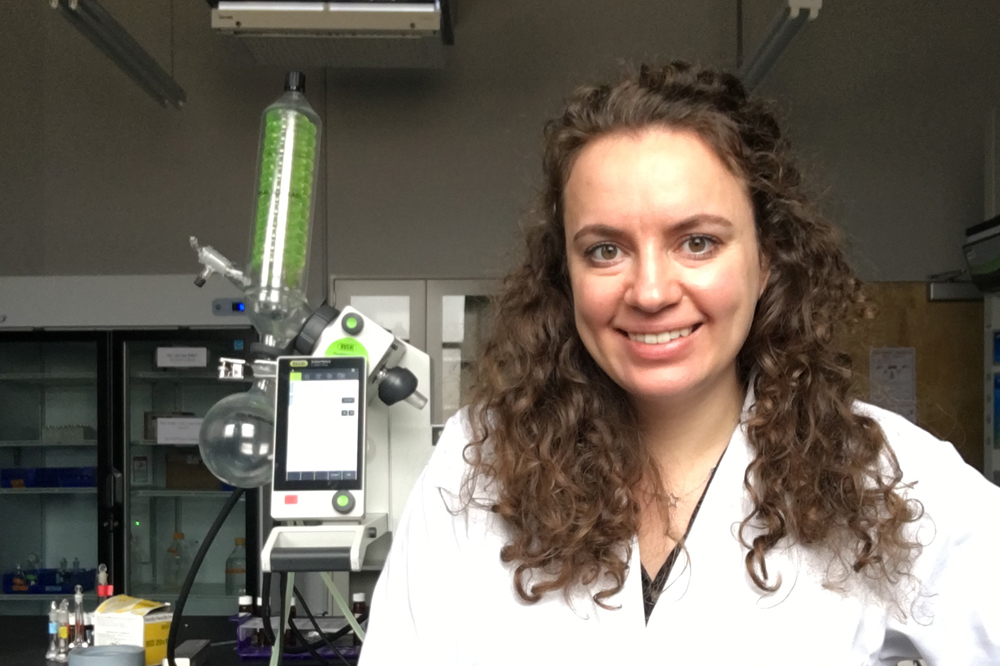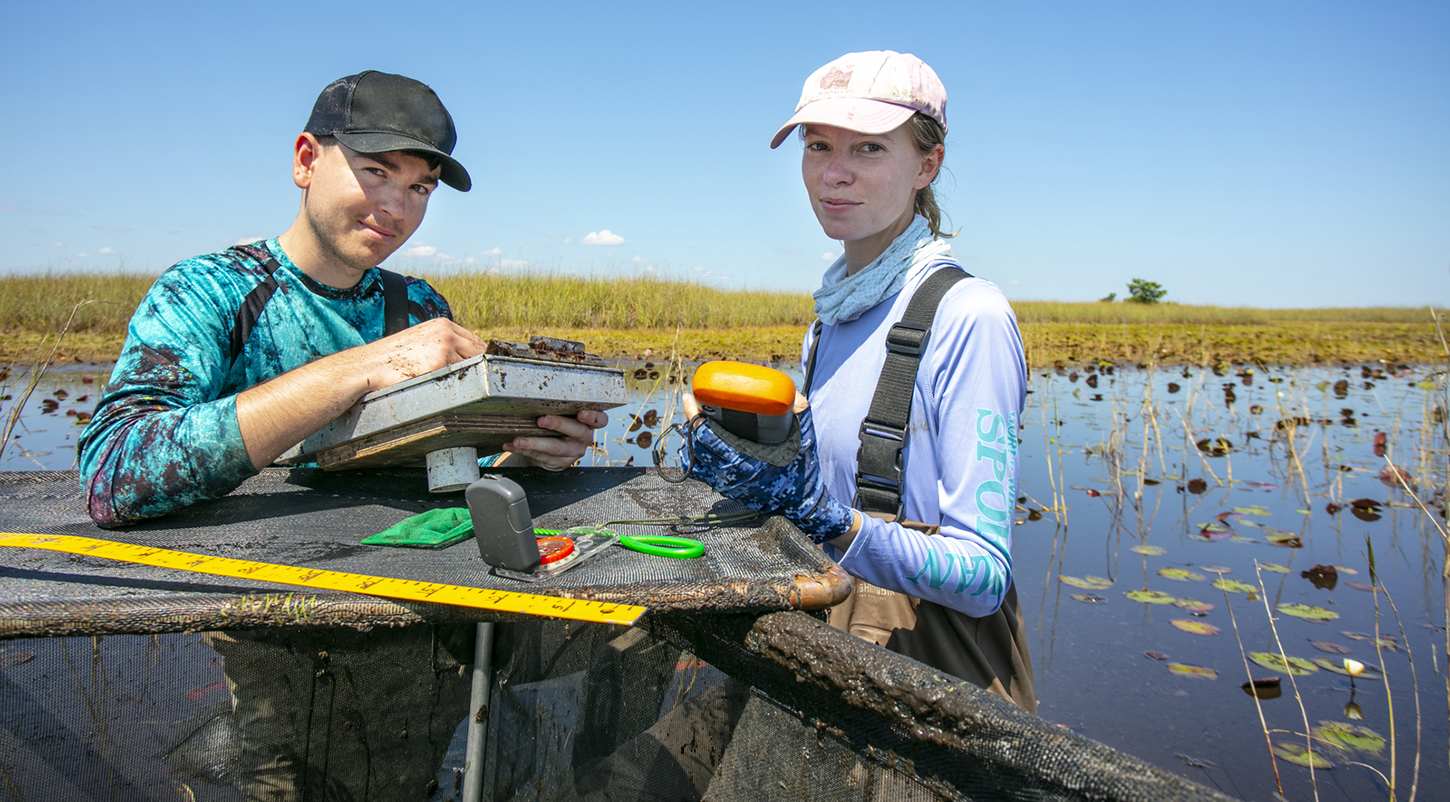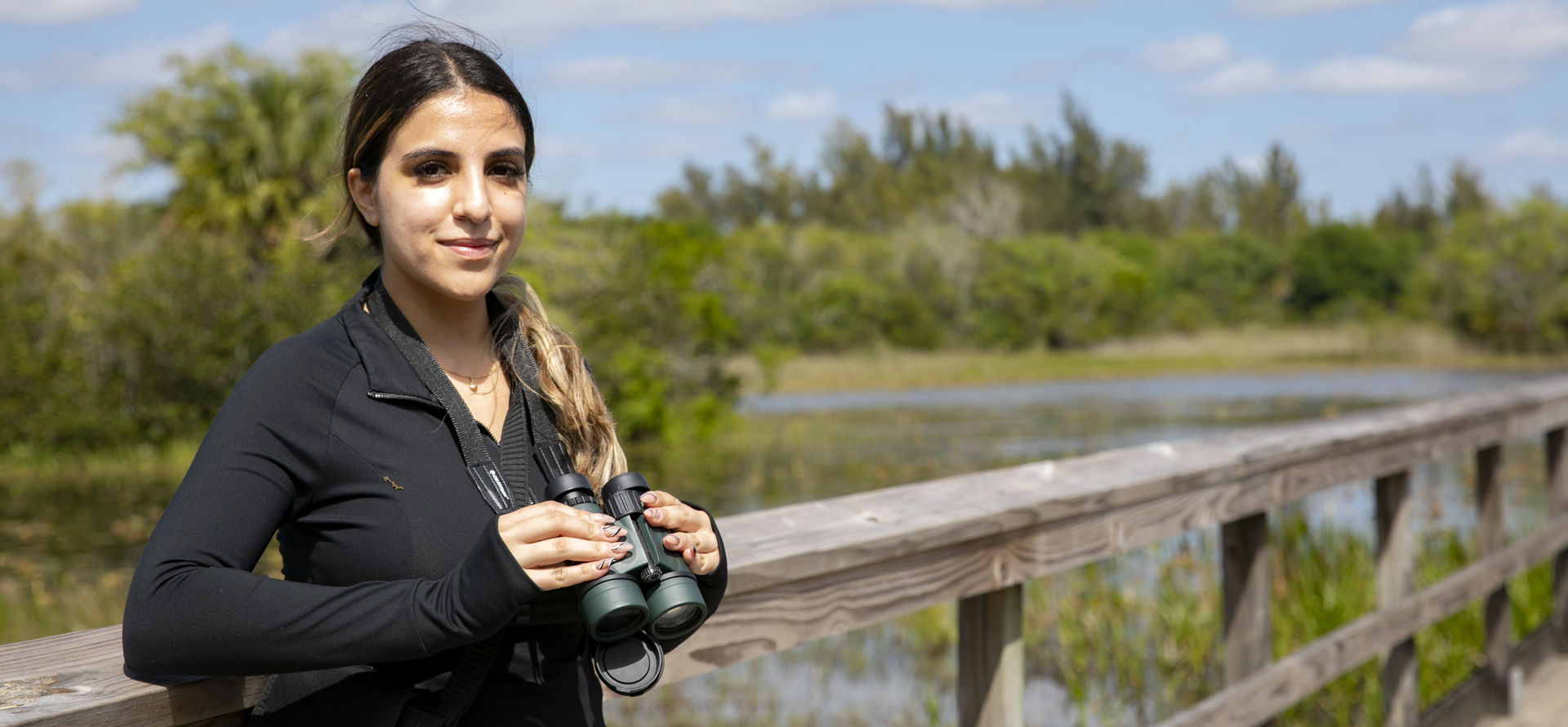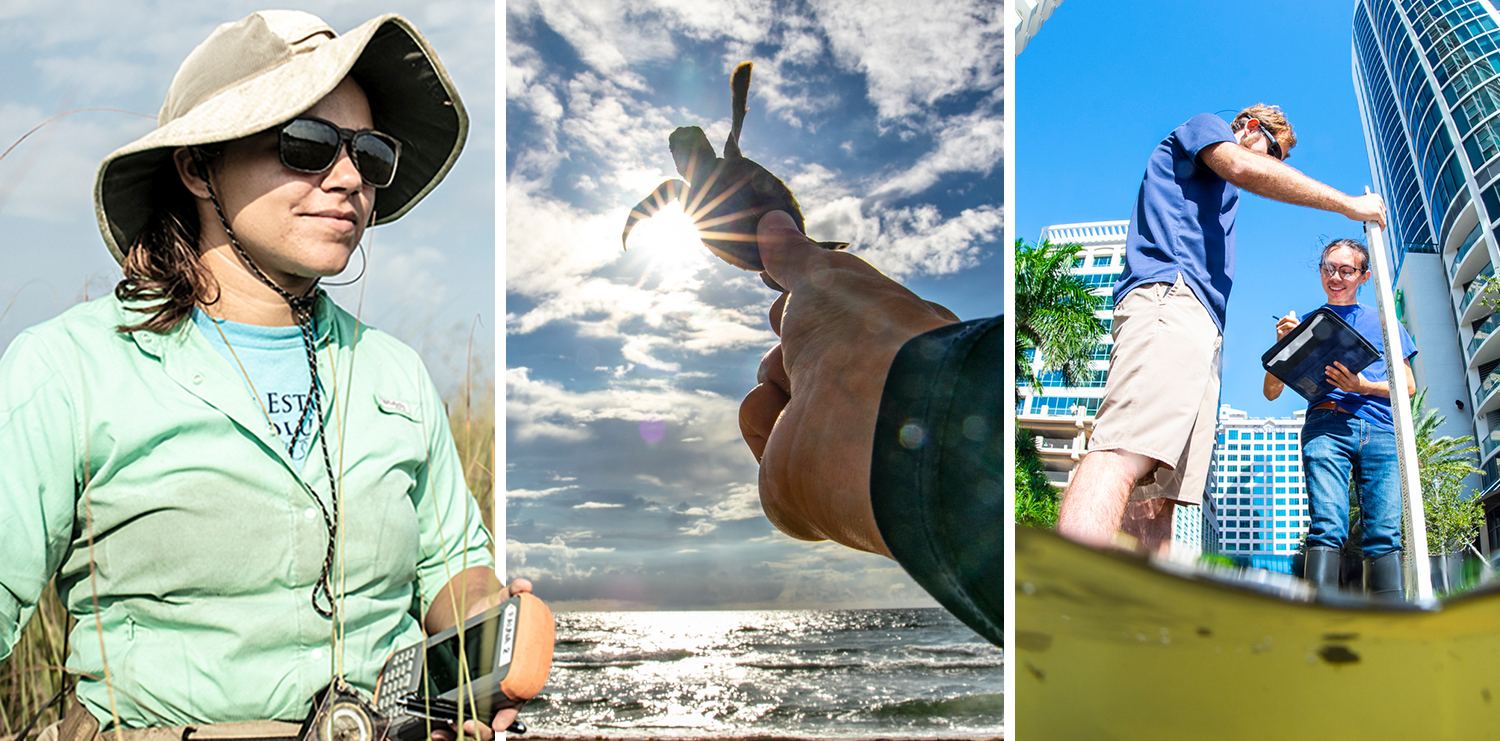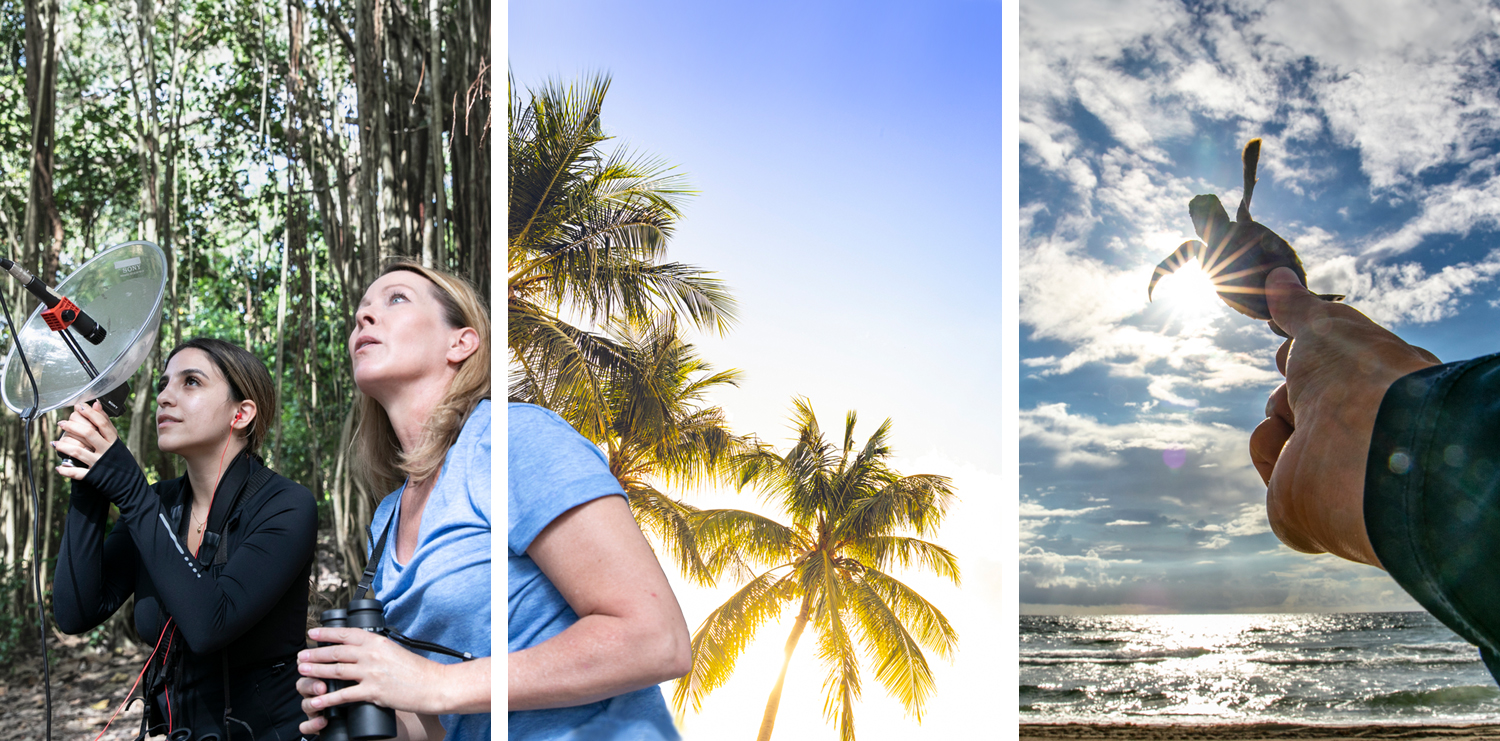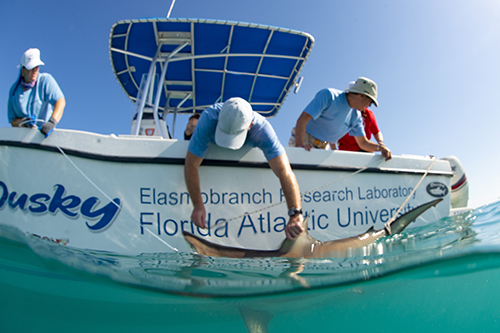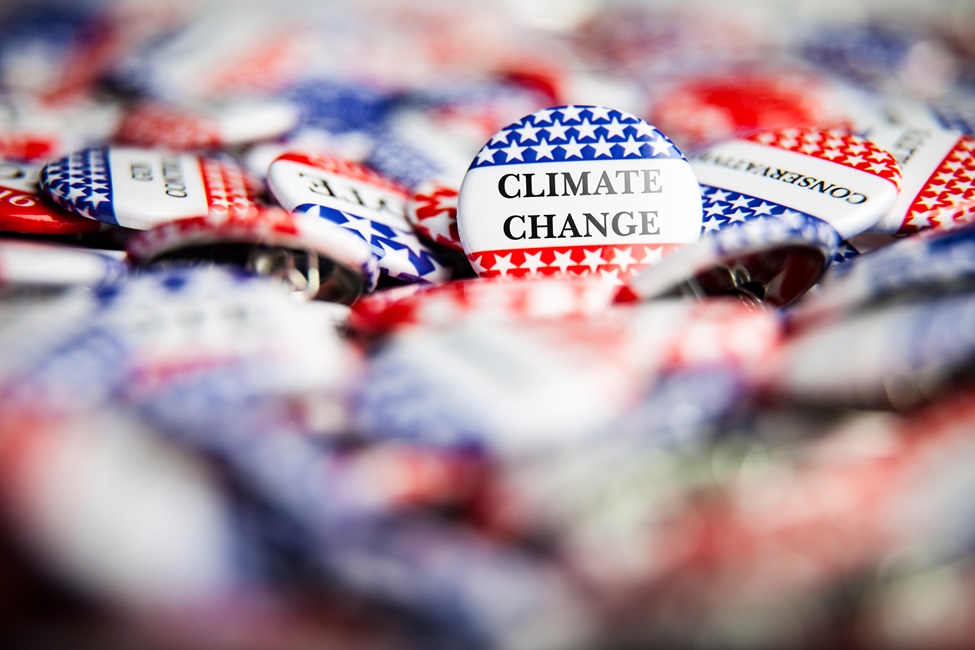
The Florida Atlantic University (FAU) School of Environmental, Coastal, and Ocean Sustainability (ECOS) is a partnership between the Charles E. Schmidt College of Science and Harbor Branch Oceanographic Institute (HBOI). This multidisciplinary and multi-unit initiative serves as the driver for diverse academic and research entities to create a comprehensive environmental hub at FAU. ECOS leverages each group's outside partners, including many government agencies and educational institutions, combining the full breadth of partnerships with the University’s teaching, research and outreach mission to enhance opportunities and bring forth the collective environmental capabilities of FAU.
ECOS serves as an umbrella for numerous academic offerings in departments and interdisciplinary program areas that provide advanced bachelor’s, master’s, doctoral, and certificate programs.
Join the Florida Atlantic School of Environmental, Coastal, and Ocean Sustainability (ECOS)
Our expert faculty and scientists both in the Schmidt College of Science and FAU’s Harbor Branch Oceanographic Institute are forging a path that leads to a resilient future, both with research and through training the next generation of scientists, problem solvers, and policymakers.

